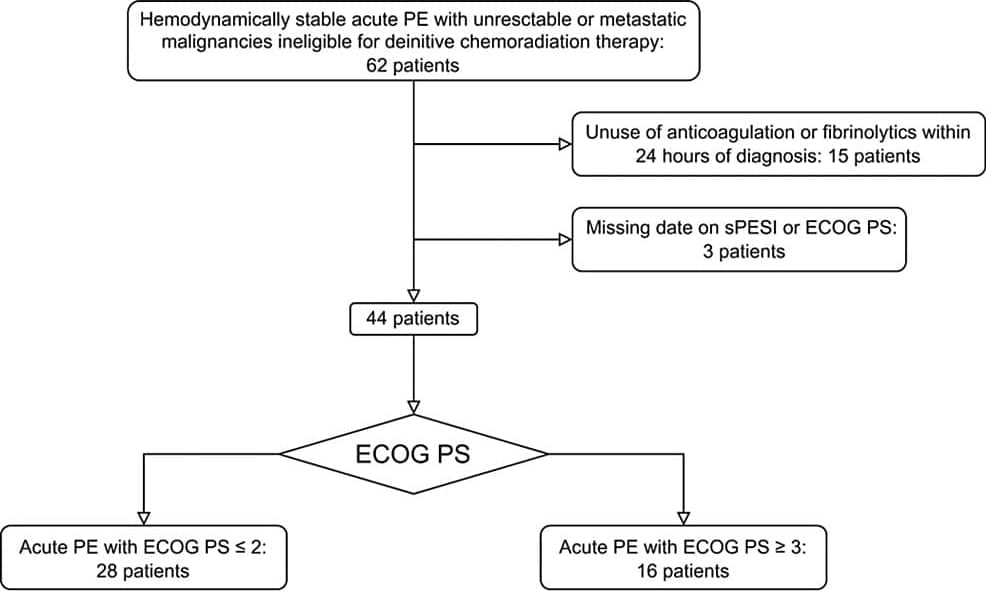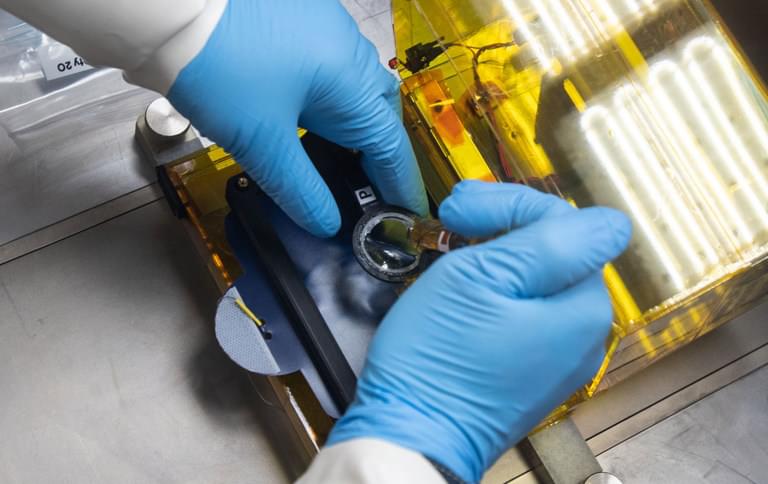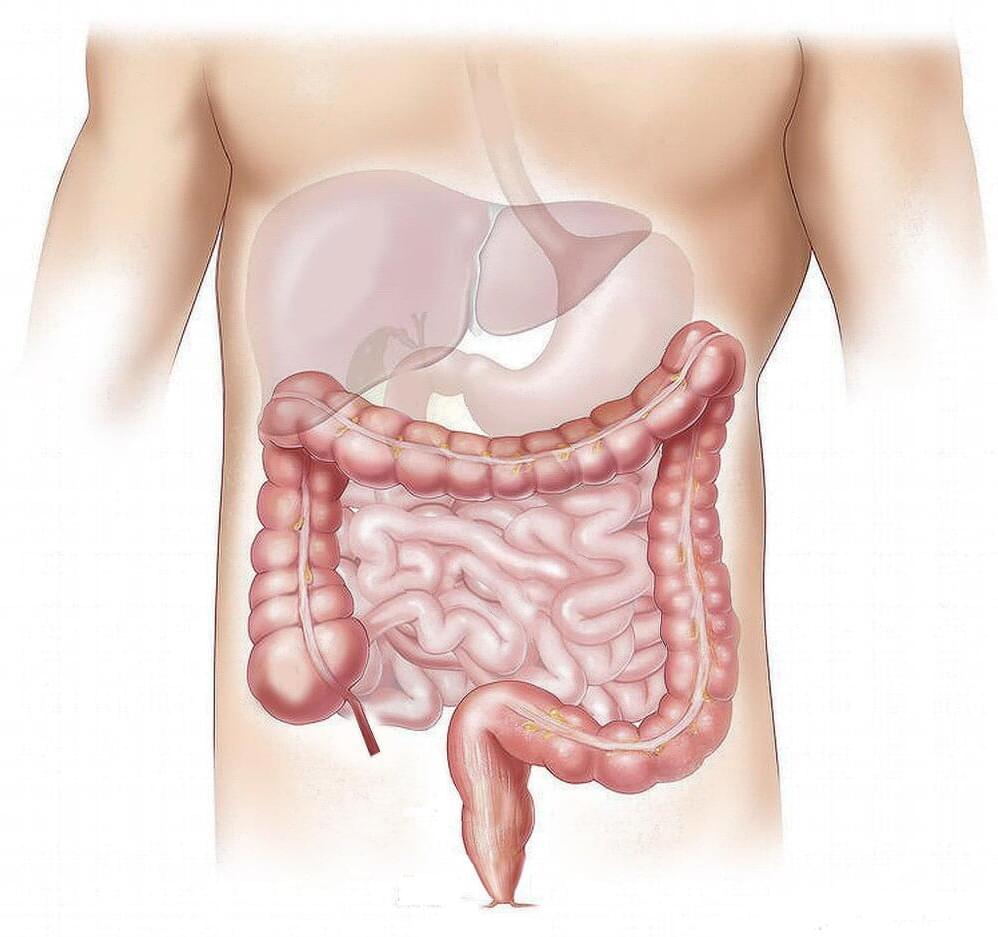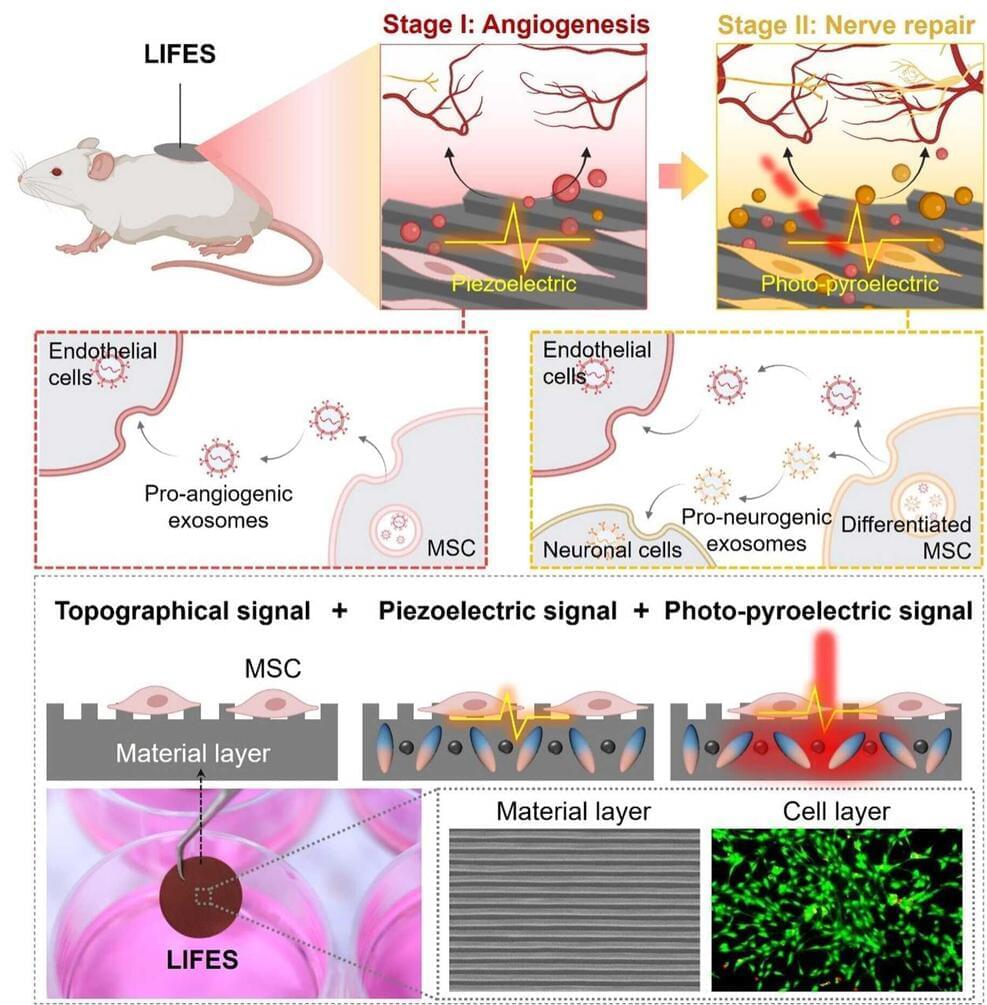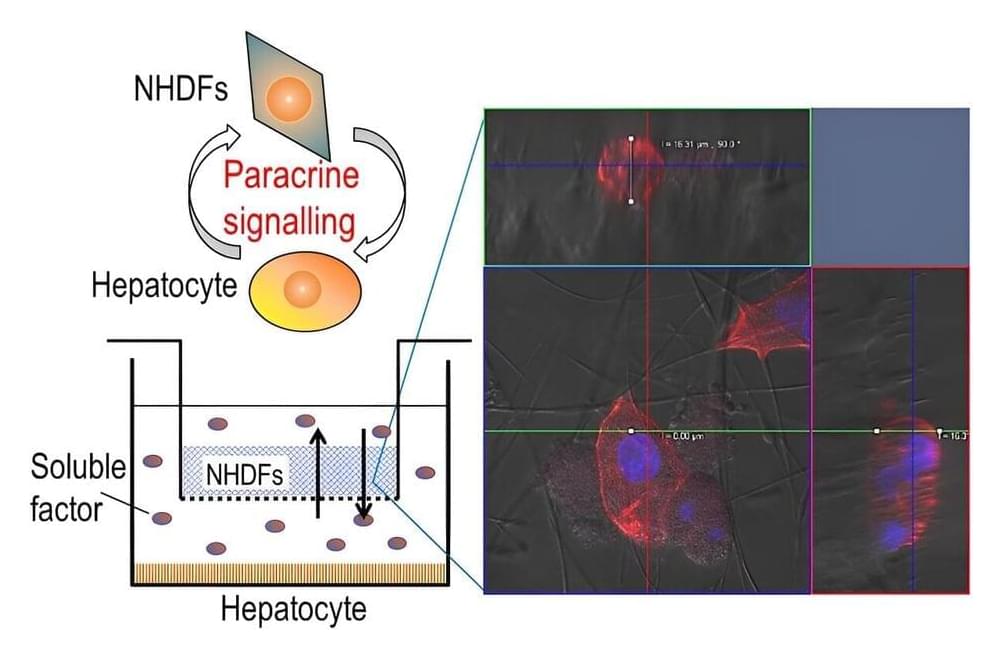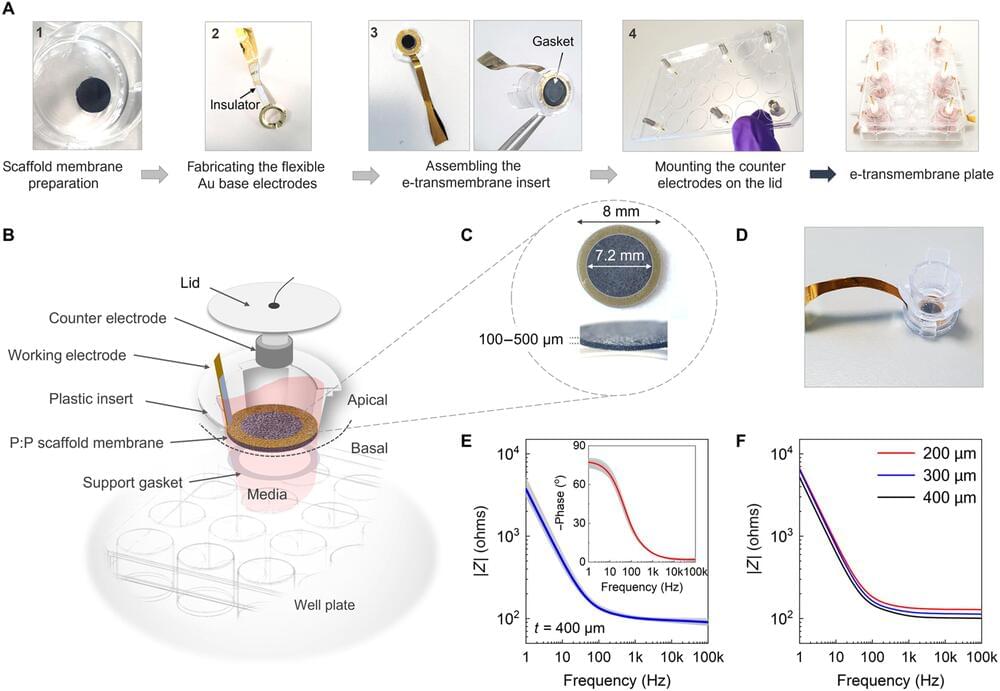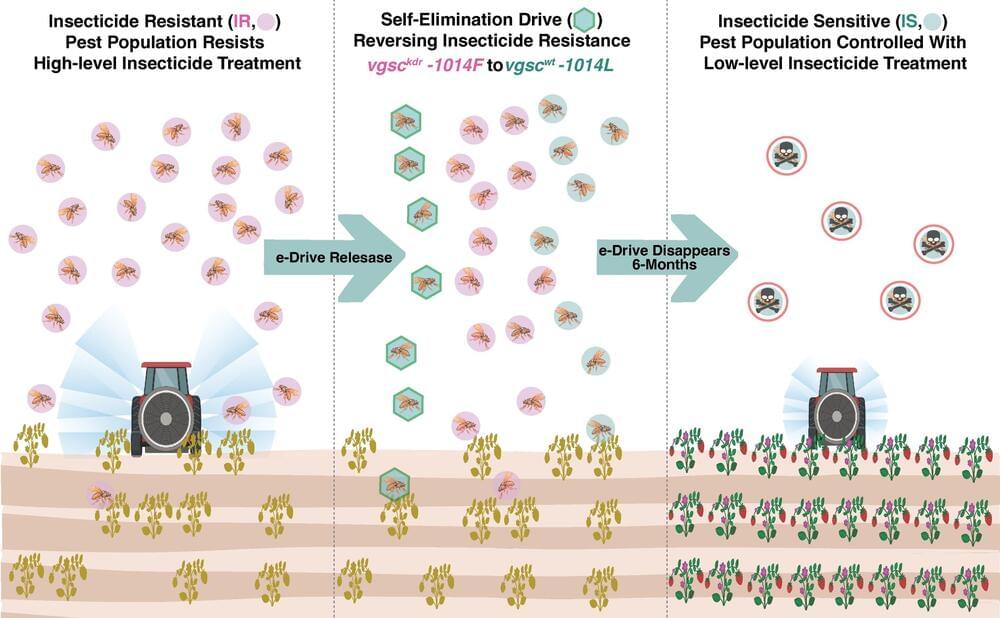Nov 24, 2024
Influenza: Influenza, commonly known as the flu, is an infectious disease caused by influenza viruses
Posted by Dan Breeden in category: biotech/medical
Influenza, commonly known as the flu, is an infectious disease caused by fever, runny nose, sore throat, muscle pain, headache, coughing, and fatigue. These symptoms begin one to four (typically two) days after exposure to the virus and last for about two to eight days. Diarrhea and vomiting can occur, particularly in children. may progress to pneumonia from the virus or a subsequent bacterial infection. Other complications include acute respiratory distress syndrome, meningitis, encephalitis, and worsening of pre-existing health problems such as asthma and cardiovascular disease.
There are four types of virus: types A, B, C, and D. Aquatic birds are the primary source of epidemics, and C virus causes a mild infection, primarily in children. D virus can infect humans but is not known to cause illness. In humans, viruses are primarily transmitted through respiratory droplets from coughing and sneezing. Transmission through aerosols and surfaces contaminated by the virus also occur.
Frequent hand washing and covering one’s mouth and nose when coughing and sneezing reduce transmission, as does wearing a mask. Annual vaccination can help to provide protection against viruses, particularly A virus, evolve quickly, so flu vaccines are updated regularly to match which strains are in circulation. Vaccines provide protection against A virus subtypes H1N1 and H3N2 and one or two B virus subtypes. infection is diagnosed with laboratory methods such as antibody or antigen tests and a polymerase chain reaction (PCR) to identify viral nucleic acid. The disease can be treated with supportive measures and, in severe cases, with antiviral drugs such as oseltamivir. In healthy individuals, is typically self-limiting and rarely fatal, but it can be deadly in high-risk groups.

